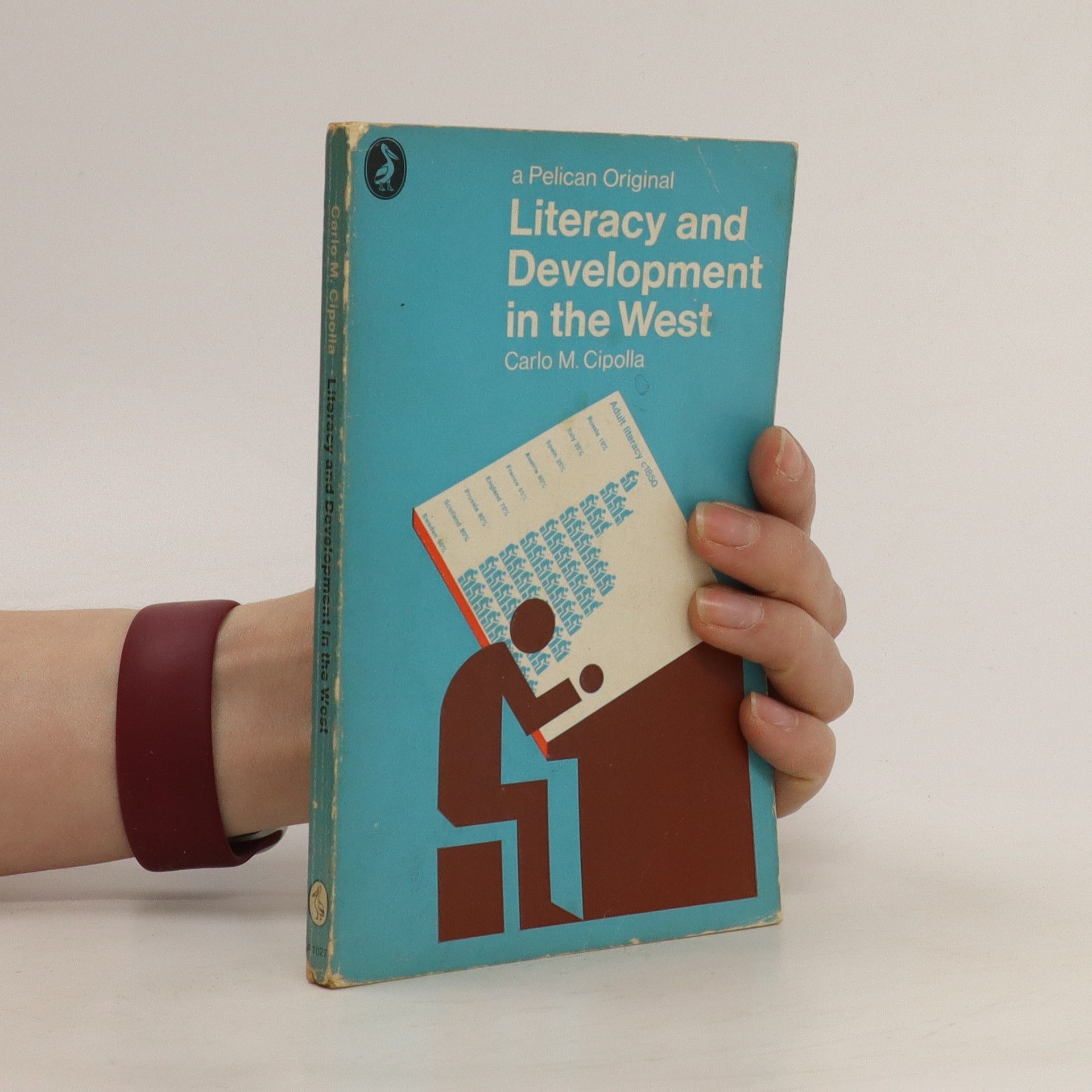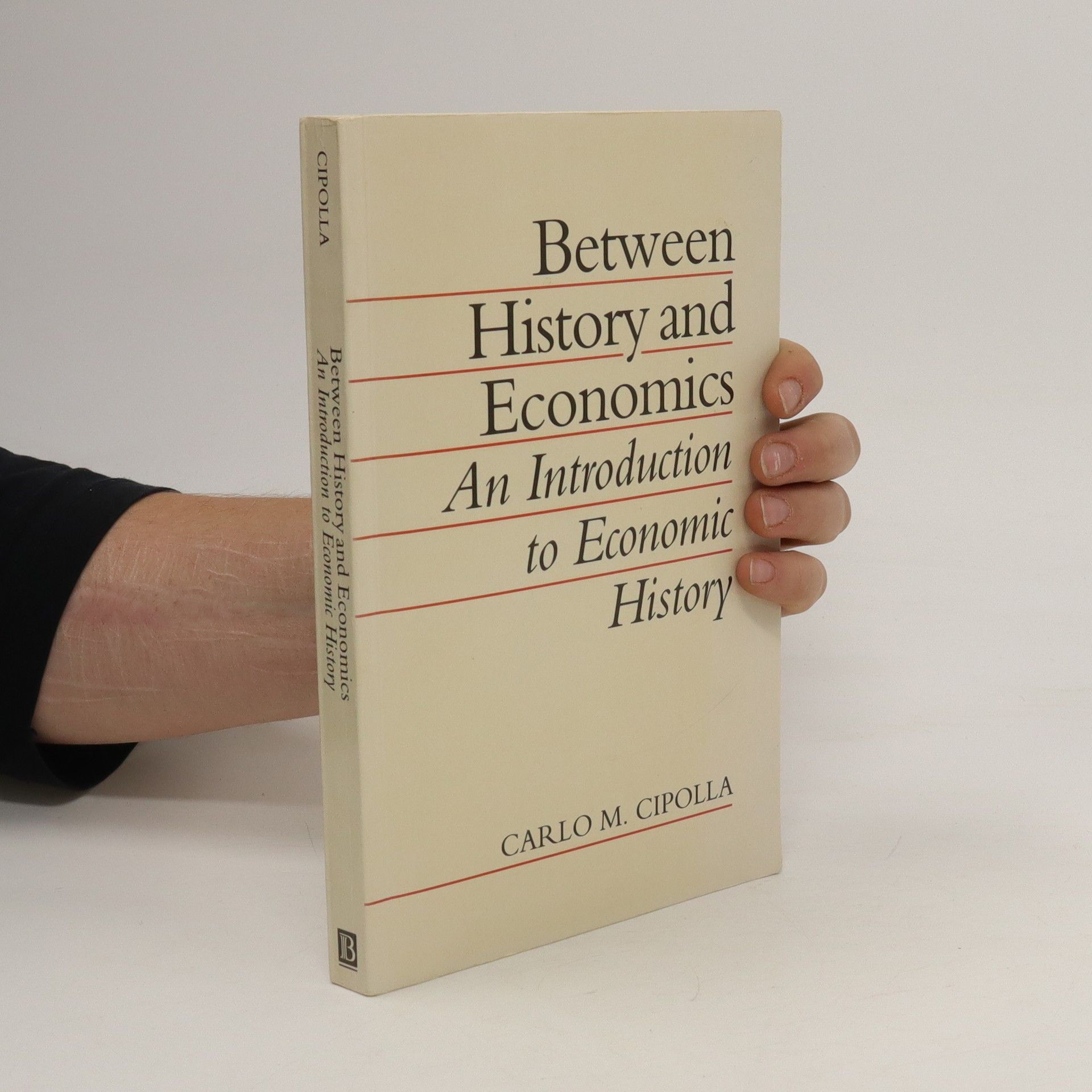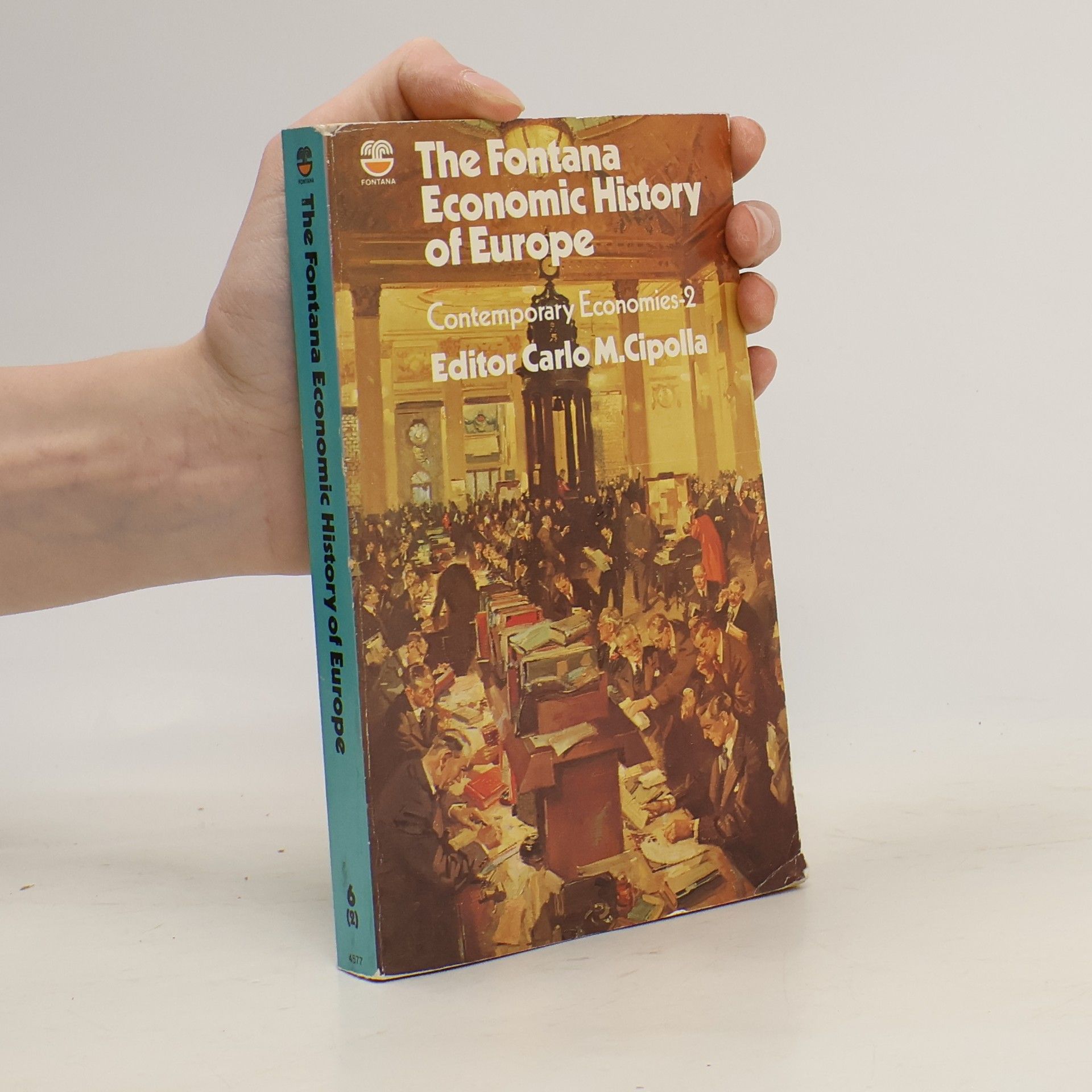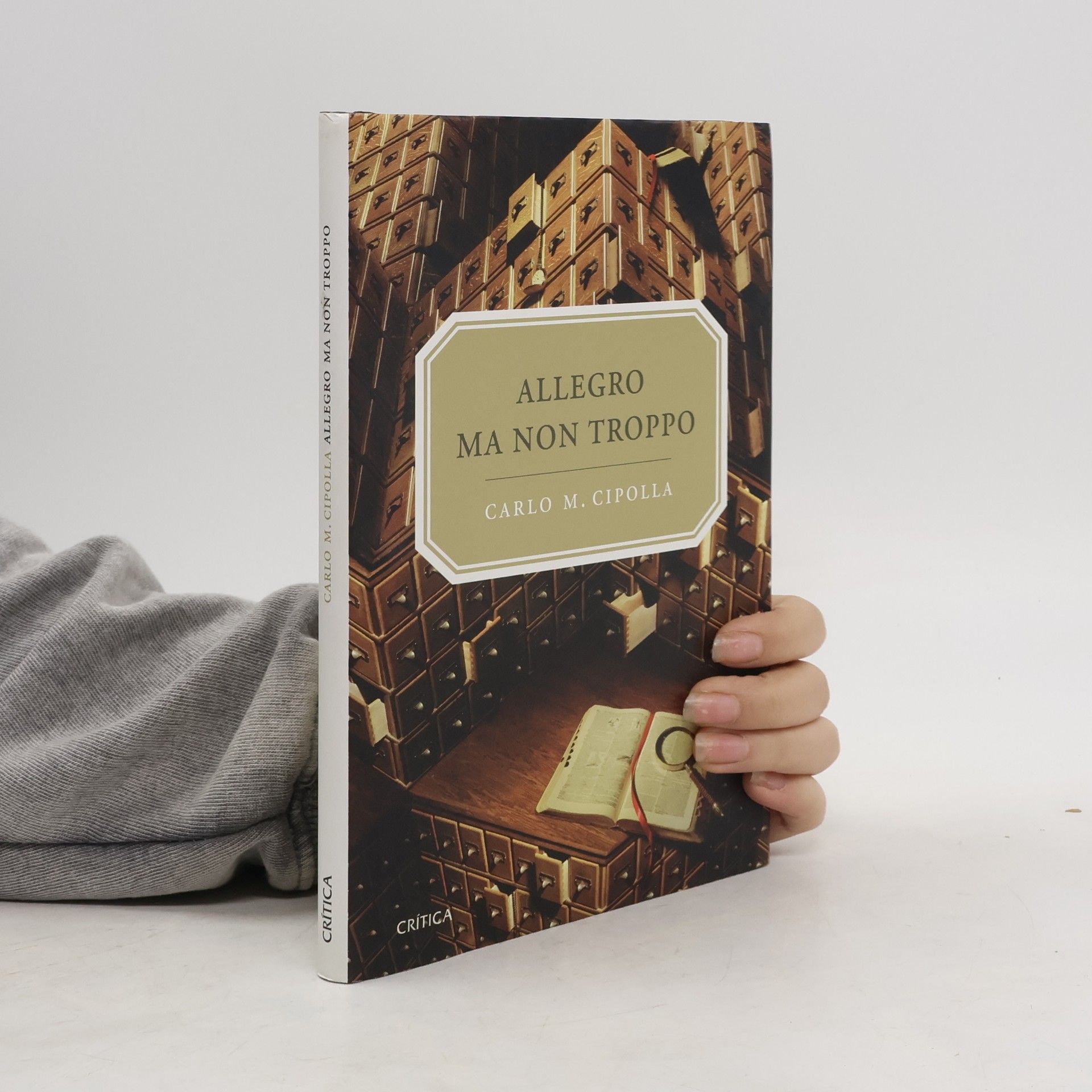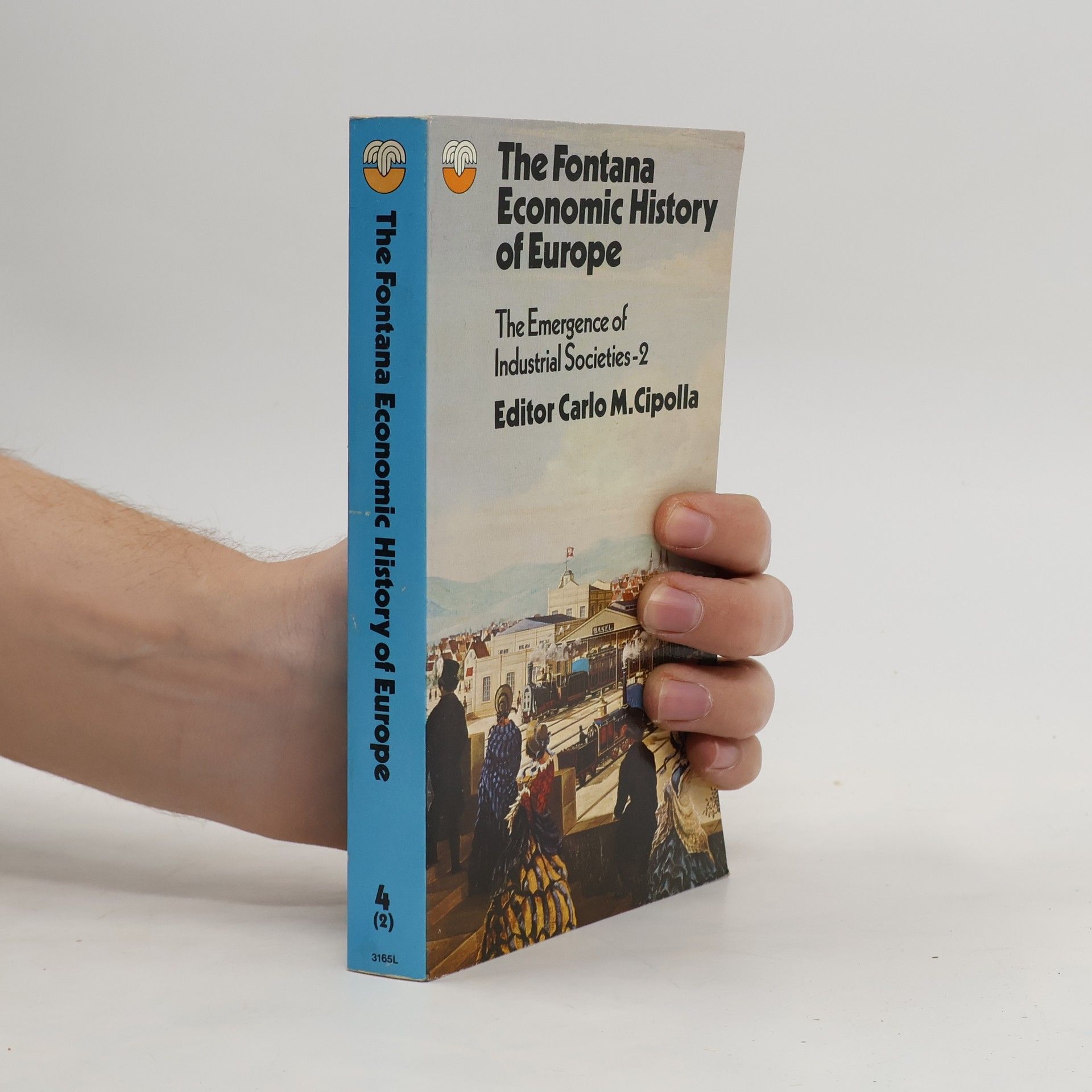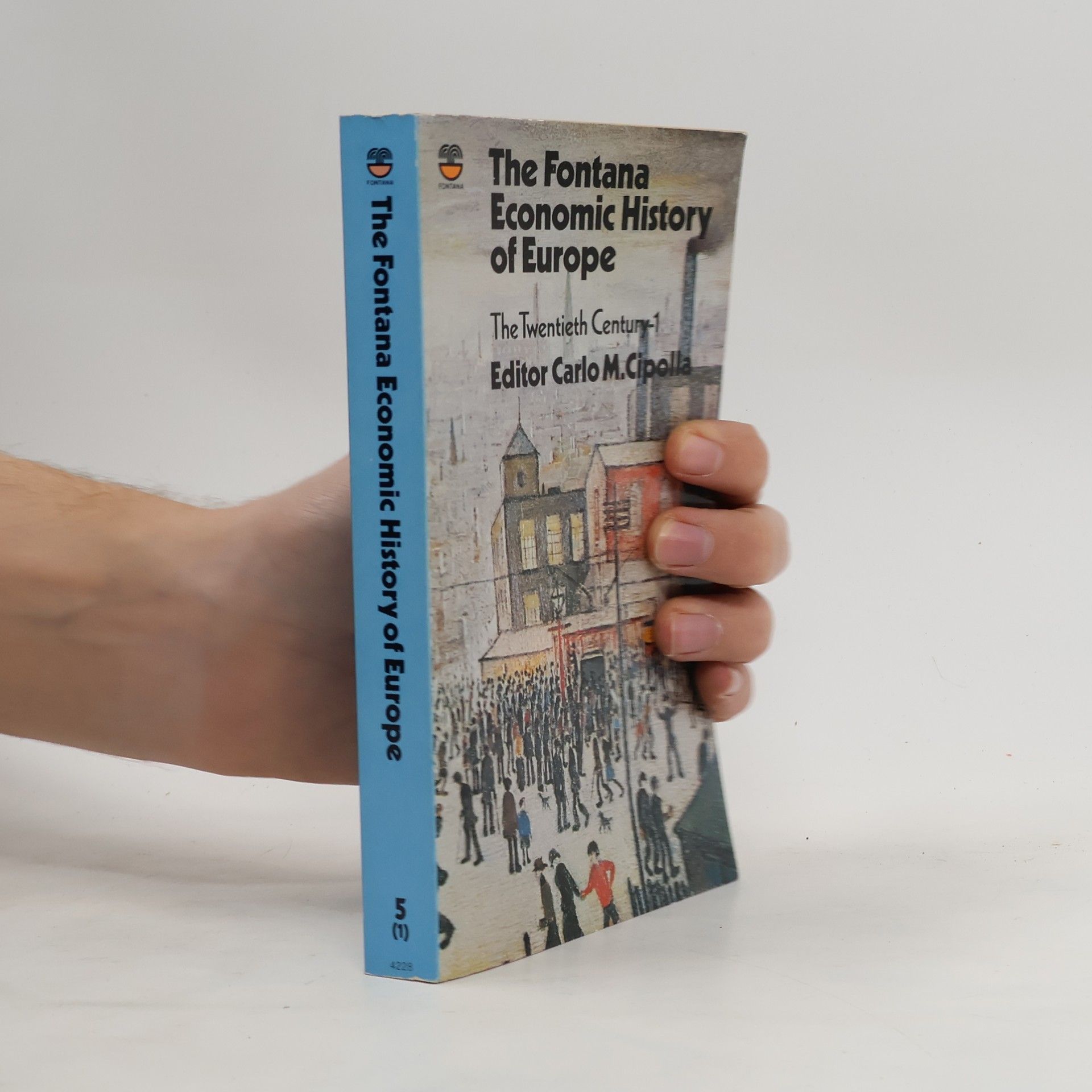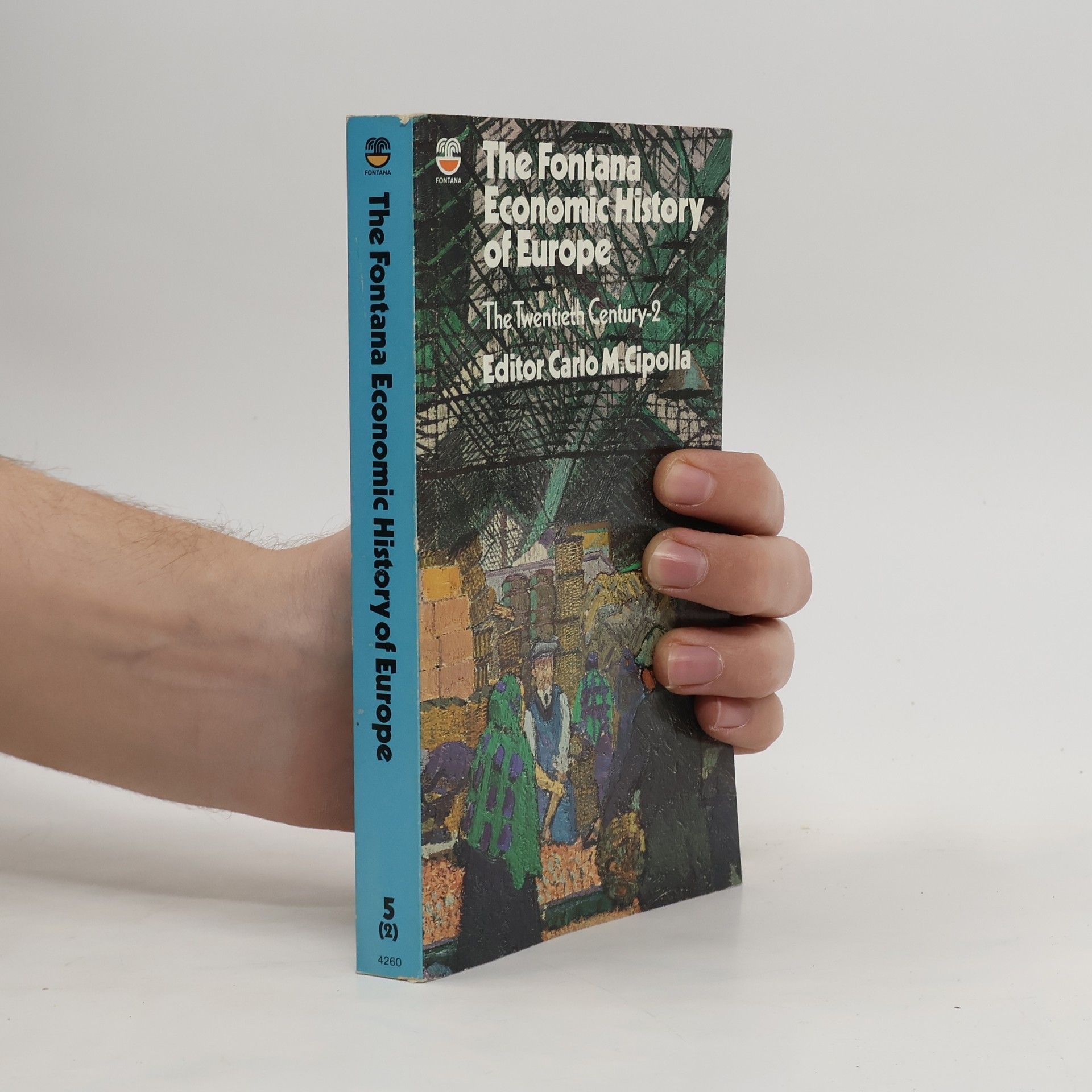Allegro ma non troppo
- 144 páginas
- 6 horas de lectura
Este es uno de los libros más inteligentes y divertidos que se hayan escrito nunca. Parodia del divertissement dieciochesco, juega con la paradoja y el absurdo para construir una auténtica metodología del ridículo. En la primera de las dos partes de que consta el libro, Cipolla razona con una argumentación paródica de los estudios de historia económica más sesudos y utiliza, con aparente seriedad, fórmulas cliométricas deliciosamente absurdas para llegar a las más estrafalarias relaciones de causa a efecto. En la segunda parte se usa un modelo matemático parecido a los de la sociología para enunciar las «Leyes fundamentales de la estupidez humana», que demuestran cuán abundante es el número de estúpidos que nos rodean y cuán grande es su poder. Sólo que al terminar de leer este libro breve, divertido y explosivo nos asalta una duda: lo que hemos leído ¿era sólo una inocente parodia o hay que tomarlo como una advertencia acerca de la deshumanización y vaciedad de mucho de lo que se enseña en nuestras universidades e instituciones académicas?

